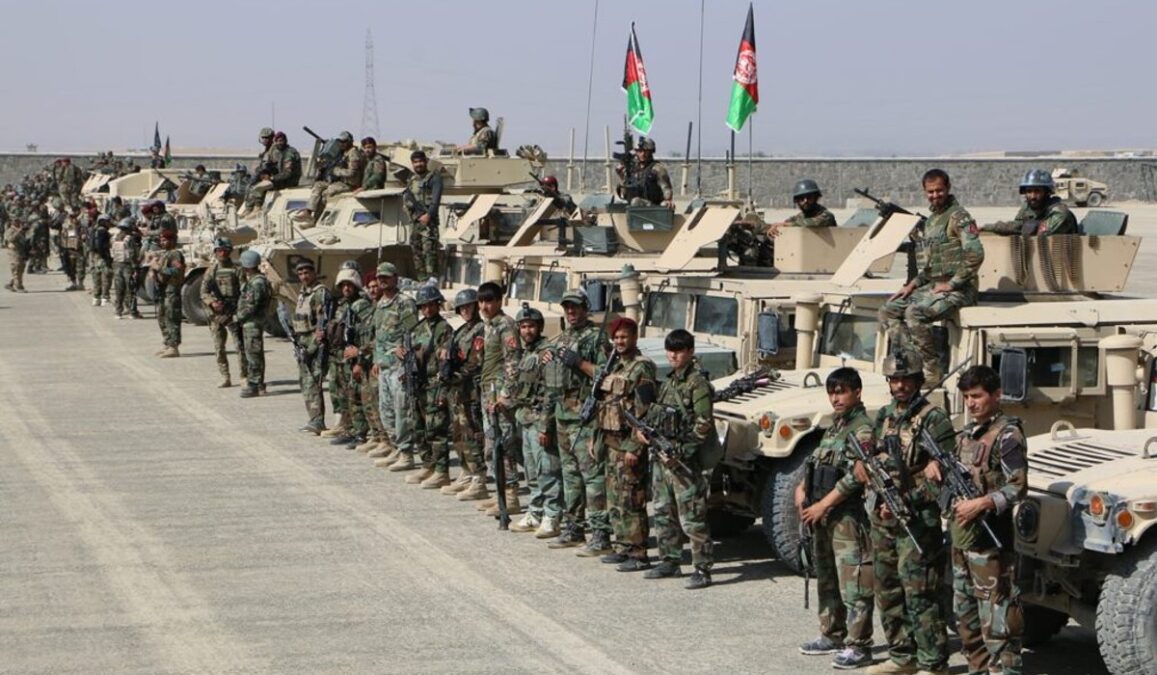As Tehran seeks to gain international support for refugees from Afghanistan, former military personnel, who have resided in Iran for the last two years, have raised concerns over the non-renewal of their residency visas.
This issue has led to concerns about possible forced returns to Afghanistan.
Iran’s Special Representative for Afghanistan has announced the initiation of a comprehensive roadmap to rally international support for the refugees in collaboration with the United Nations.
However, amid these efforts, former military personnel and other refugees residing in Iran have expressed their worries about the non-renewal of visa predicament and its dire implications.
Aminullah Ranjbar, a former police officer under the republic government, with 12 years of service, is one of many who have sought refuge in Iran with their families following the collapse of the former government and the take over by the Taliban in 2021.
He highlighted the challenges of not getting visas renewed and said it could possibly result in forced returns to Afghanistan.
“We have to pay 12 or 13 million tomans ($230 to $250) to the brokers for a commission to extend the visa. [Visa] extension is possible three times in a three-month period for each. After 9 months, you must leave Iran and return to Afghanistan. However, it is too difficult for military personnel to return. They are not safe in Afghanistan,” Ranjbar said.
Ranjbar also emphasized the hardships faced by those in his situation, including limited access to education, psychological stress, financial constraints, and the general uncertainty around their future.
He appealed to the United Nations and countries accepting refugees from Afghanistan to prioritize the resettlement of families of former military personnel.
Meanwhile, Iran’s Special Representative for Afghanistan has stated that Tehran has provided a roadmap for global support for refugees in the country.
Training female nurses and midwives is also part of the roadmap. However, questions remain regarding how many refugees would be provided with this support.
Hakima Mahnaz Jafari, a refugee from Afghanistan in Iran, also underscored the significant challenges confronting the migrants.
According to her, non-renewal of visas, economic hardships driven by rising prices, and the struggle to afford housing are among the pressing concerns faced by refugees in Iran.
For nearly four decades, Iran has hosted millions of refugees from Afghanistan, yet acquiring residency remains difficult and costly.
This predicament has left vulnerable individuals and former military personnel fearful of potential forced returns to Afghanistan, especially under the rule of the Taliban.





